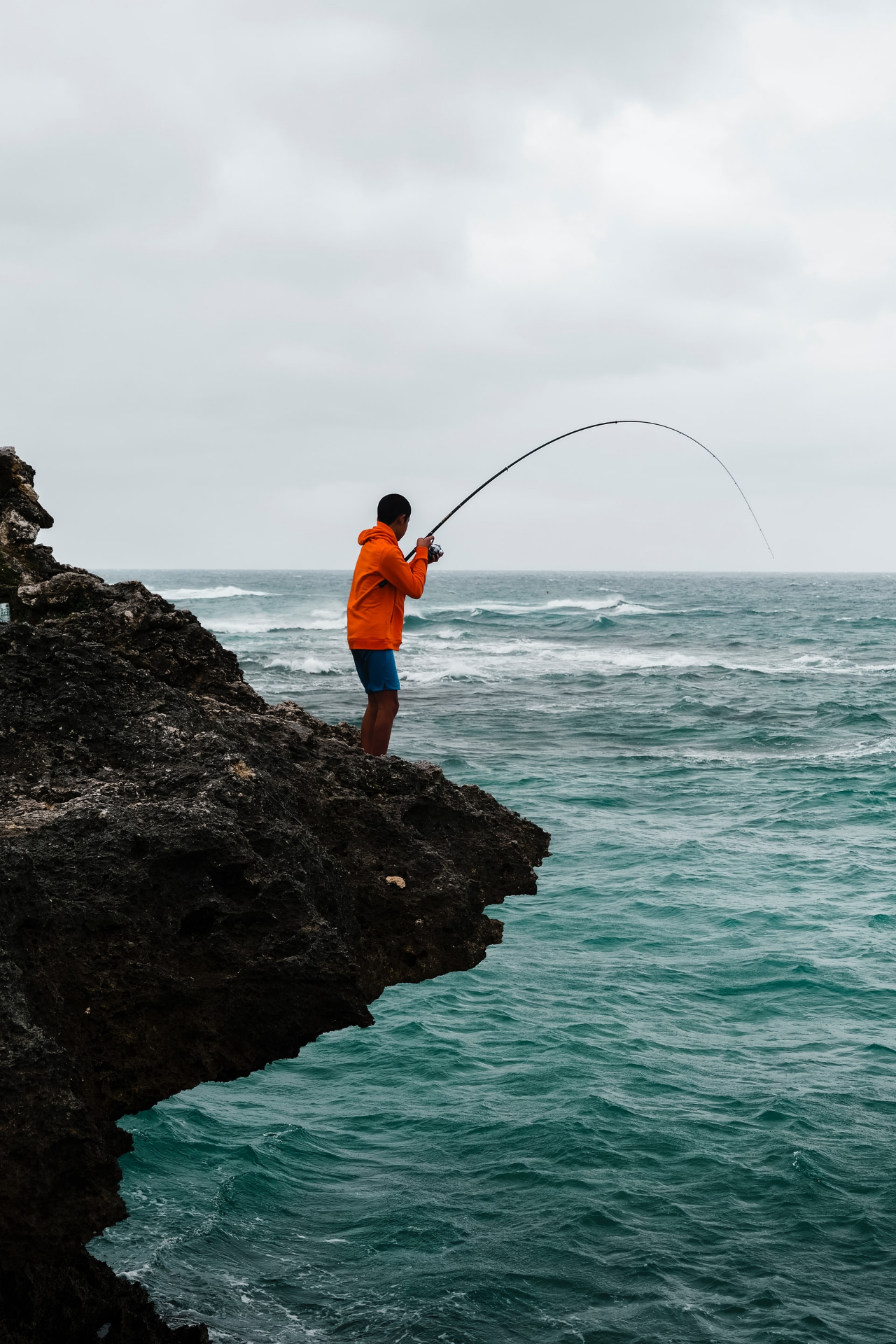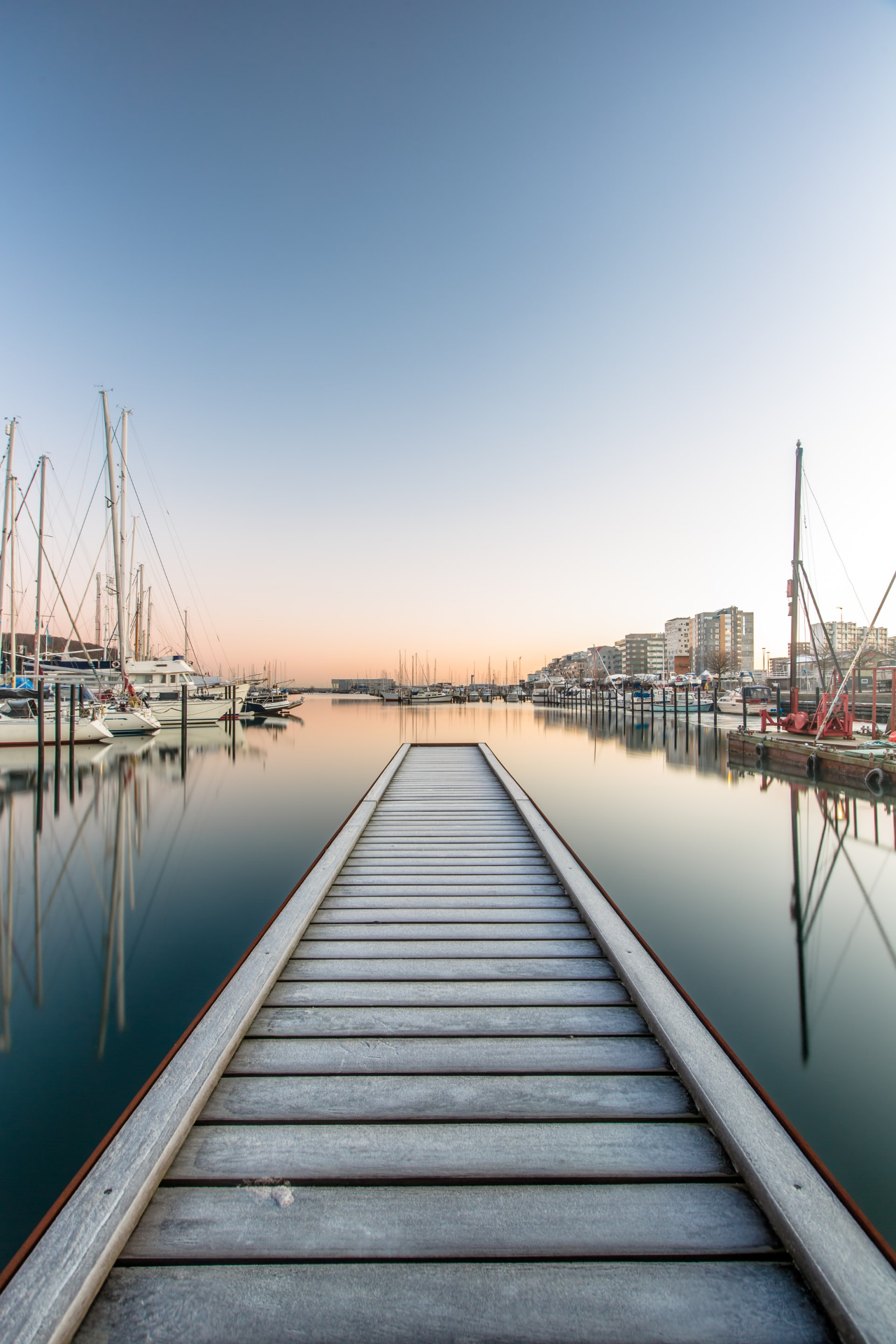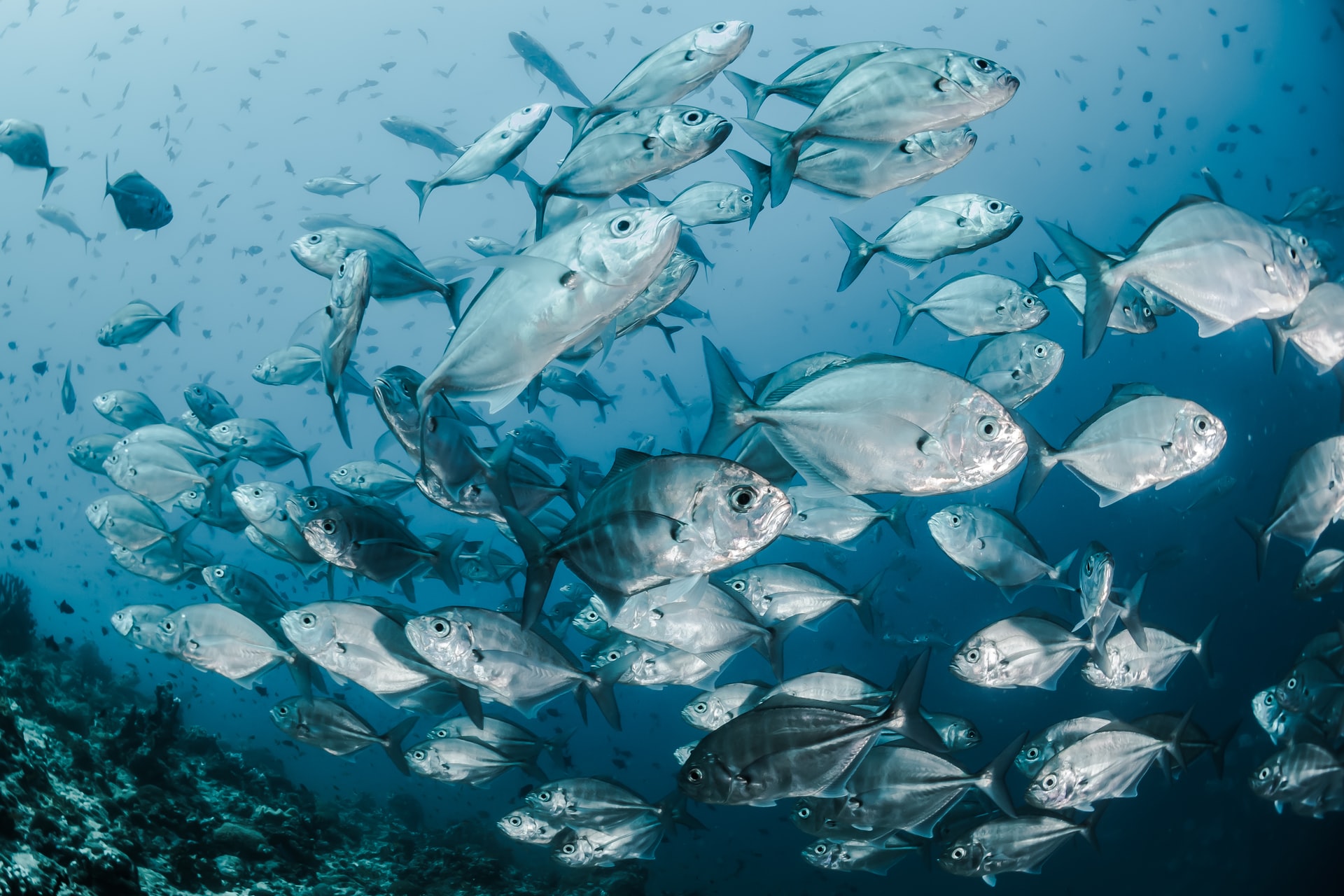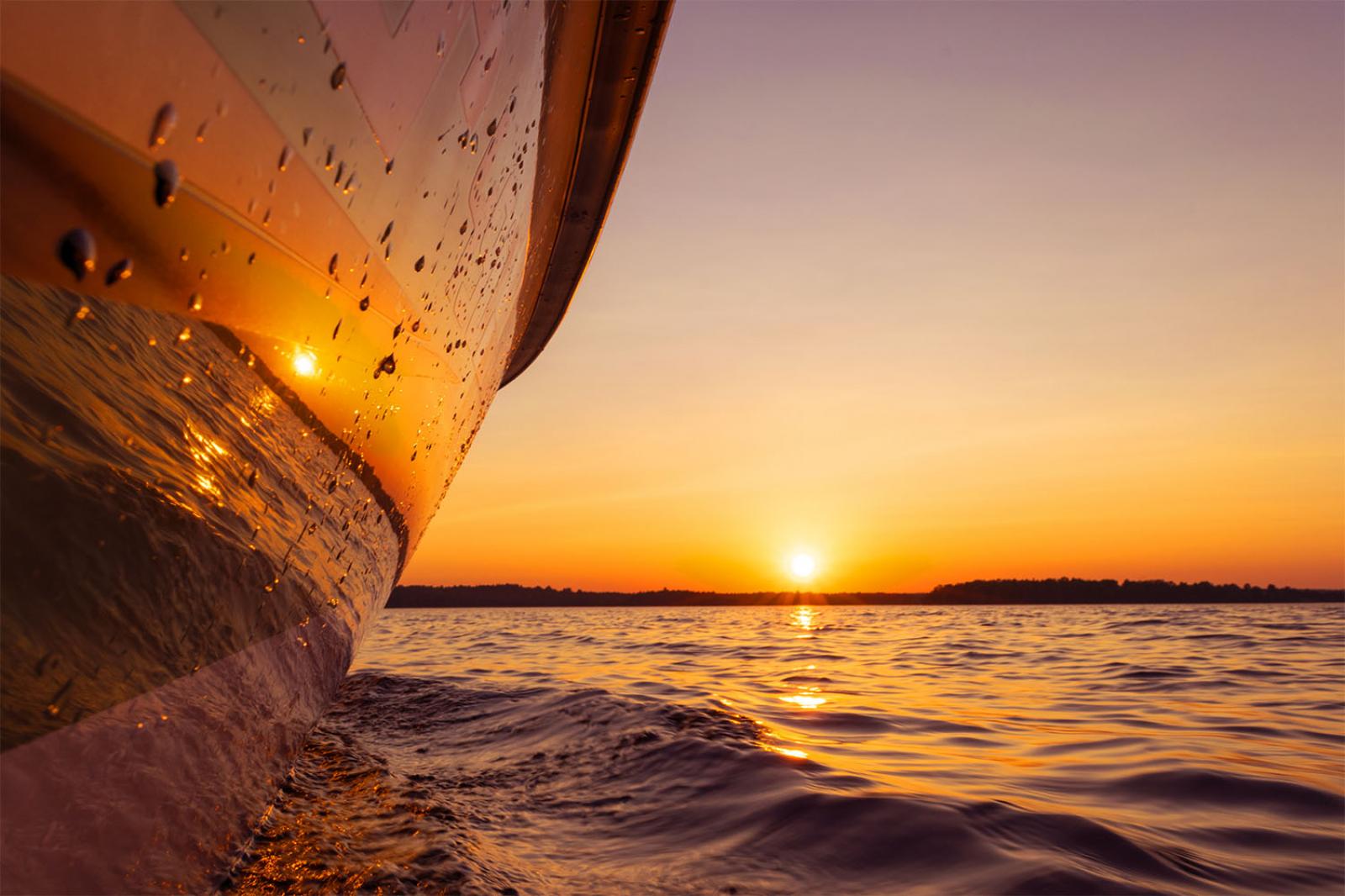If you are new to sea fishing you may be asking: is sea fishing free in the UK? We look at the rules and laws around UK sea fishing and anglers' rights.
Sea Fishing and Anglers' Rights
Many believe that most sea anglers have every right to fish without risk or free of restriction when catching fish in the sea. To some extent, this has an air of truth; the vast majority of the national coastline course surrounding the British Isles is free for any anglers to fish in with their rod and lines.
However, when you look deeper, there are multiple legitimate restrictions on specific activities, such as the species available to fish (eels, salmon, bass, trout fish, mackerel, etc.), the places anglers can dig bait and locations when it comes to sea fishing.
You cannot assume that all related saltwater fishing and activities have no restrictions and begin immediately without asking for permission or asking an experienced tackler as you may get into trouble.
The Magna Carta and Sea Fishing
The Magna Carta was the first significantly important piece of legislation, first issued in 1215 and officially signed by King John. It gave us plenty of the laws we still have and use today; for example, it ensured people could be punished for their crimes against the laws of the land, and it set the foundation of the jury and trial systems we use in the modern day.
The Magna Carta gave the right of ordinary people to access multiple resources, one of them being fishing. For such reasons, people seek to protect the rights of fishermen and sea anglers to fish wherever saltwater or freshwater fishing and for digging bait from the shore.
To some extent, this is true; the Magna Carta did state that everyone should have access to sea fishing. However, not everyone can fish wherever they please around the British coast.

We must remember that the Magna Carta is over eight centuries old. It is the first every written evidence of those that fished, not only as an occupation but for recreation for over 400 years. It is a significantly important piece of ancient legislation; however, it has been altered over the ages since then.
The Magna Carta gave those anglers the right to catch from the sea. Yet, the Environment Agency has become more defined as they have put forwards limits on the minimum sizes, marine conservation zones, and ensuring certain endangered species are protected. Those being prosecuted for breaking current laws would achieve very little using this 800-year-old ancient text as their defence in the modern-day.
Fishing and Private Property
Pier fishing
One of the most popular forms of fishing for UK anglers is from piers and breakwaters. All UK piers are private property, so there are time frames and limits placed on those anglers who wish to fish in these locations to adhere to tidal times for safety reasons. It's best to make yourself aware and follow the rules and specific laws suited to your pier of choice.
Some piers close for safety reasons, especially during harsh weather or should they opt for a ticketing system where you must pay a separate fee to fish there for the day. Some piers have exceptions and are exclusive to particular close or nearby sea angling clubs; only members can access fishing.
Some can also be closed altogether. Docks like these are often most popular in the summer season, and members of the public who wish to fish there must follow anglers codes of conduct, including a maximum of two rods per angler and no power casting is allowed. Should you fail to follow, you could be banned from the pier as CCTV cameras will be watching.
In the late summer, there is plenty of mackerel to be found and fished, and unfortunately, this time of year could bring many who are far more interested in causing trouble than fishing. When on private property like piers, anglers must behave well with no dangerous casting, littering, cutting bait on seats or leaving bait hanging around that could lead to pests in the area.
Harbours and Ports
There are numerous private port areas and harbours across the UK, many of which see incredible commercial fisheries and recreational fishing volumes every day.
Harbours and ports treat anglers in various ways; some encourage angling, some tolerate it, and a wide range of ports have banned it altogether. For safety reasons, they may also have designated areas where you can fish.
As an angler, beginner or experienced, it is your responsibility to know where you can fish on the harbour and clear up all your litter or leftover bait when you have finished. Leaving a clear spot makes for a great impression and increases the chances of certain areas staying open for any future angling.

Marine Conservation Zones
There have been frequent talks over establishing Marine Conservation Zones in and around the UK. Some plans suggested there would be up to 127 MCZs; however, the government has decided to reduce this after celebrity campaigners.
MCZs are specific zones offshore and would not directly impact shore-based anglers to a great extent, but this is still being debated. Rod and line fishing may likely remain unaffected; however, the most destructive or dangerous methods used in commercial fisheries, for example, trawling nets across the seabeds, will risk being banned.
Bait Collecting
Many anglers tend to quote the Magna Carta when discussing the rules and laws of bait collection. They claim the ancient written document gives anglers the right to collect bait just about anywhere they please along the foreshore.
Whilst this may be somewhat true to a certain extent, a great deal of the UK coastline has minimal restrictions for collecting bait. However, numerous local authorities and councils can still implement what is known as by-laws to prevent anglers from bait digging for worms.
Many beaches do not allow bait digging and ban it during certain times of the year. Some locations prohibit bait digging entirely. There are numerous reasons for bait digging bans across the UK, such as a disruption to bird colonies and their food supplies, the depletion of multiple worm beds, and overall damage of beaches through many anglers digging trenches or big holes not filling them back in.
Locations next to any form of commercial shellfish beds are also known for banning bait collecting.
Which Fish are Protected Species?
Both experienced and beginner anglers should make themselves aware of the minimum sizes for all fish species they are looking for, it is against the law and an offence to take fish from the sea below the minimum size. Anglers caught going against this rule can often face legal prosecution.
Numerous species that we hold dear are classed as endangered or under frequent commercial pressure; plenty of these types of fish get returned to the seas by anglers, perhaps after a quick photograph as proof of your catch, for preserving fish stocks.
You can find lots of information online on various websites about the number of species available for you to catch as food and eat or for store purposes, as well as the ones that you must release after successfully catching them.

Do I Need A Fishing Licence for Sea Fishing?
No, you do not require any sea fishing or rod licences to fish recreationally or for the stock from either boat or shore. However, numerous locations where the fishing situations and laws become much more complex for both seas and rivers.
Licence issues can become a problem for fishing marks inland, especially where freshwater and saltwater cross over.
There could also be complications when it comes to whereabouts you are in the country; if you are up in the North of England, the laws and local authorities in certain coastal towns or spots may be very different to the South.
There is so little clarity in these situations regarding your needs for any licences or permits. It's best to pay a great deal of attention to your surroundings, check for signs or posts that you may read about the laws of the location you wish to fish at.
Do lots of research beforehand, and it may be helpful to ask or contact an experienced angler at the local tackle shop about the laws of the land or property so that you aren't caught fishing somewhere you shouldn't be.

Looking For Sea Fishing in Cornwall?
We hope you have got some useful tips from our article, Is Sea Fishing Free In The UK? If you want to experience sea fishing in Cornwall, our experienced skipper is here to show you the best locations around Looe. Whether experienced or new to sea fishing, we can help you enjoy the trill of local sea fishing.

